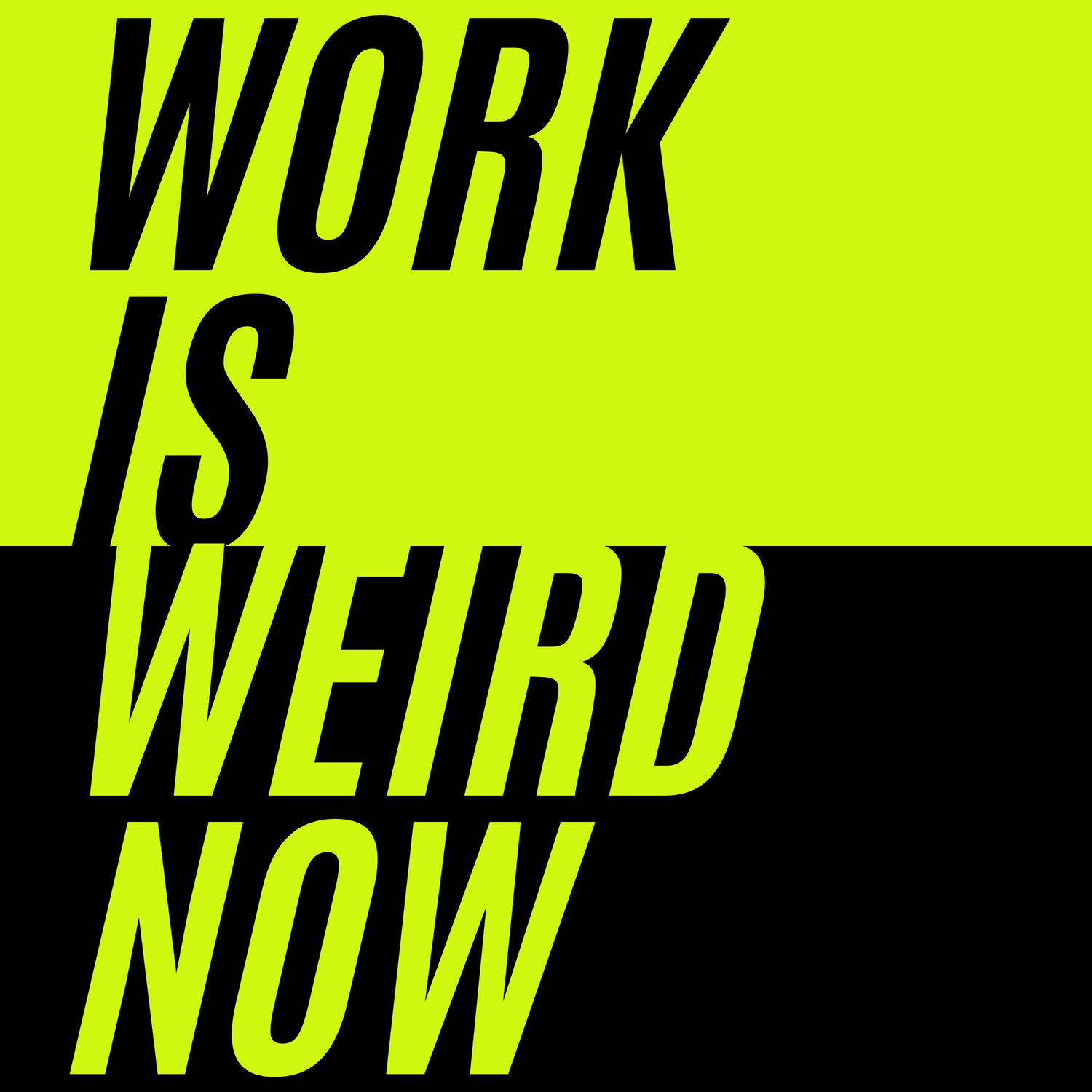is the future of work being decided by men?
This week on the podcast, we spoke with Slavina Racheva — management consultant and AI enablement lead at Credera — whose weekly LinkedIn newsletter The Week in AI has become a go-to for anyone trying to make sense of this fast-moving tech (without needing a computer science degree to do it).
We invited Slavina on not just because of her expertise, but because she brings something rare to the AI conversation: clarity, humanity, and a necessary dose of humor.
“My role, the way I see it,” she told us, “is helping people make sense of AI — and someday, maybe, helping AI make sense.”
The Gender Gap in AI Is Real — And Risky
We wanted to talk frankly about the gendered dynamics of AI: Who’s building it, who’s using it, who’s being displaced by it — and what happens when that triangle doesn’t align.
Slavina laid out three intersecting issues:
Displacement risk: Women are overrepresented in many of the jobs most vulnerable to automation — administrative support, customer service, and some knowledge work.
Adoption gap: Research shows women are about 20–30% less likely than men to use generative AI tools like ChatGPT.
Underrepresentation in AI development: Only about 20% of people working in AI are women — and that number shrinks at senior levels.
“If diverse groups aren’t in the room where AI systems are being built, the models will reflect the same narrow worldviews we’ve been trying to move beyond,” Slavina warned.
This isn’t theoretical. As she pointed out, nearly half of all AI tools studied exhibit gender or racial bias in their outputs. And if women and other underrepresented groups feel unseen or stereotyped by the tools, they’re less likely to trust or engage with them — further widening the gap.
Why Some Women Hesitate to Use AI
Slavina offered another perspective we hadn’t considered: many women are trained (explicitly or implicitly) to not take shortcuts — or be seen as doing so.
“We’re taught not to look lazy, not to cheat, not to be pushy. But using AI can look like all those things.”
There’s also a deeper ethical instinct at play: women, studies show, tend to be more concerned about the consequences of AI. That pause — that sense of social responsibility — is powerful, but it may also be preventing women from experimenting with the very tools that will shape the future of work.
The Feminine Future of Work?
If the present AI moment is dominated by risk-taking, rule-breaking, and a bit of Wild West swagger, Slavina sees a possible future where classically “feminine” traits — empathy, collaboration, ethical reasoning — are not just relevant, but vital.
“We’re going to need community building and ethical thinking in this next chapter,” she said. “That’s the conversation I want to be part of.”
A Word on Education (and Personal Responsibility)
The conversation naturally veered into education: how our kids are already using these tools (and in some cases, cheating with them), how we’re failing to keep pace, and how important it is to teach responsible use, not just warn against misuse.
Slavina urged parents, teachers, and individuals alike to educate themselves. “The tools are free. The resources are out there. We can’t leave this to someone else to fix. It’s time to get our hands on it.”
So, What Can We Do?
Slavina’s message was clear: we don’t need to fear AI — but we do need to shape it. That means:
Getting educated — not later, now.
Speaking up — about bias, about representation, about what kind of world we want AI to help create.
Taking personal responsibility — for how we use it, teach it, and talk about it.
“I don’t think dystopia is inevitable,” she said. “But the future’s only going to be fairer if more of us help build it.”
You can follow Slavina and subscribe to The Week in AI on LinkedIn here.
🎧 Listen to the full conversation on Work Is Weird Now wherever you get your podcasts.
